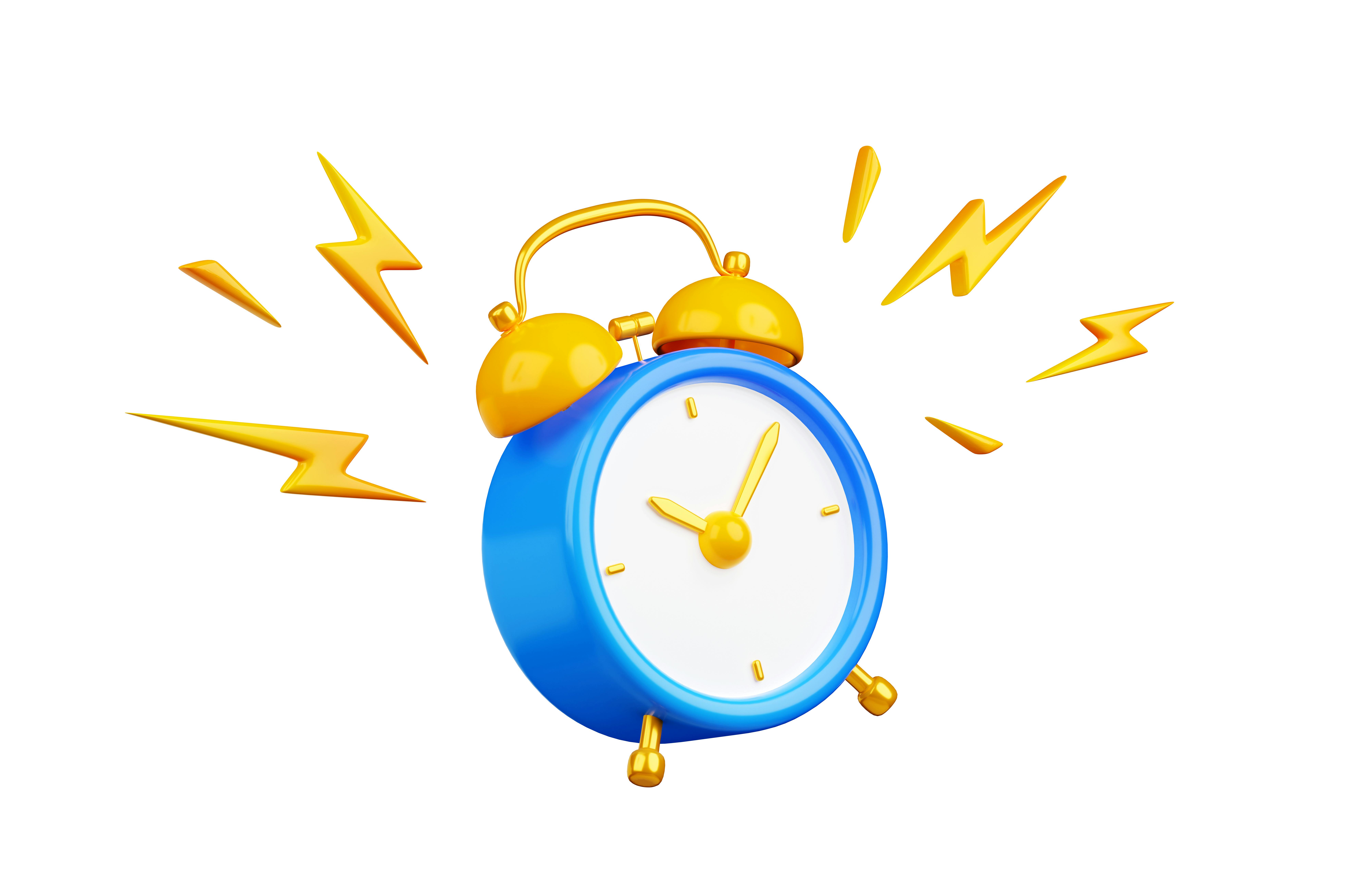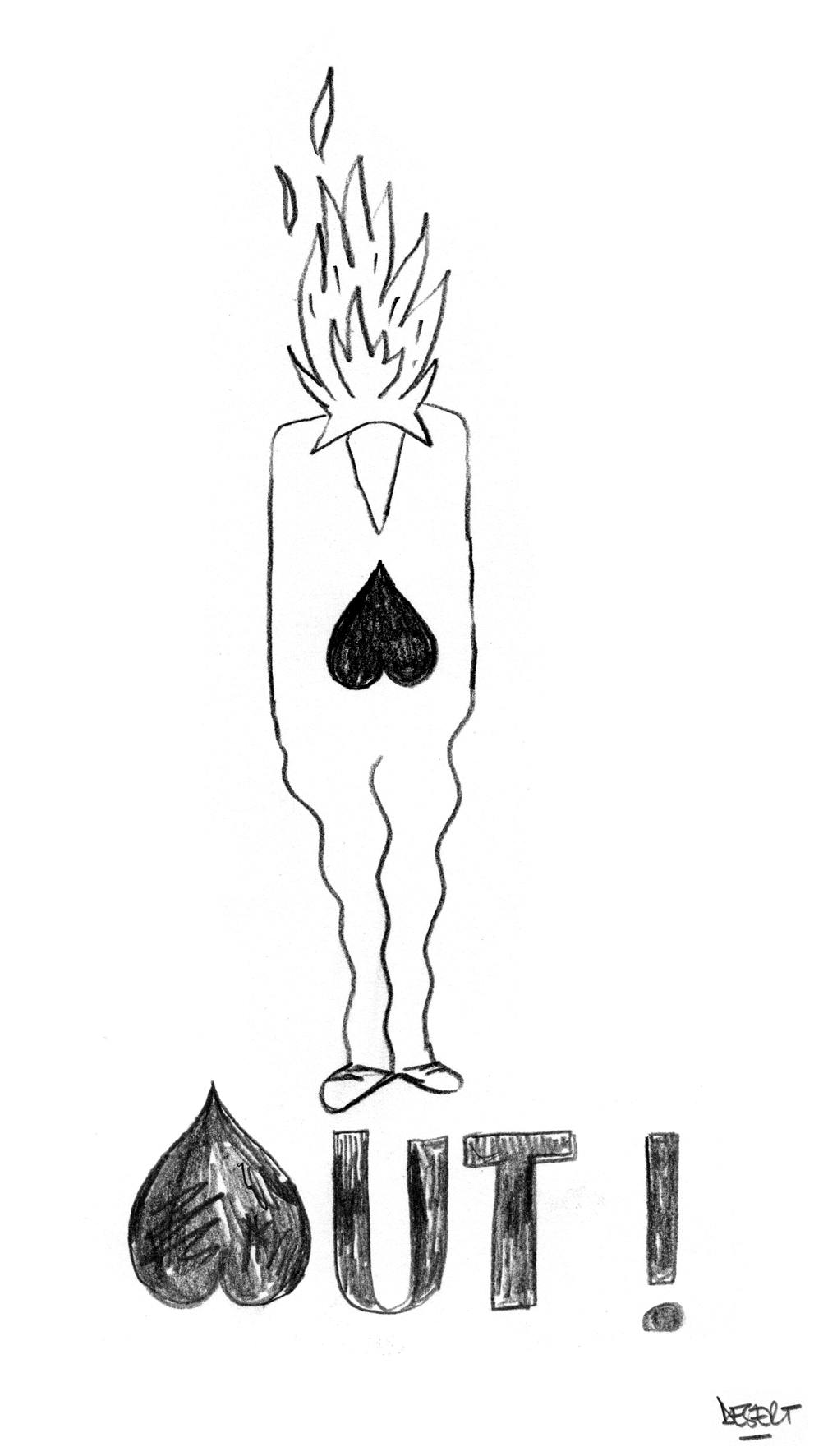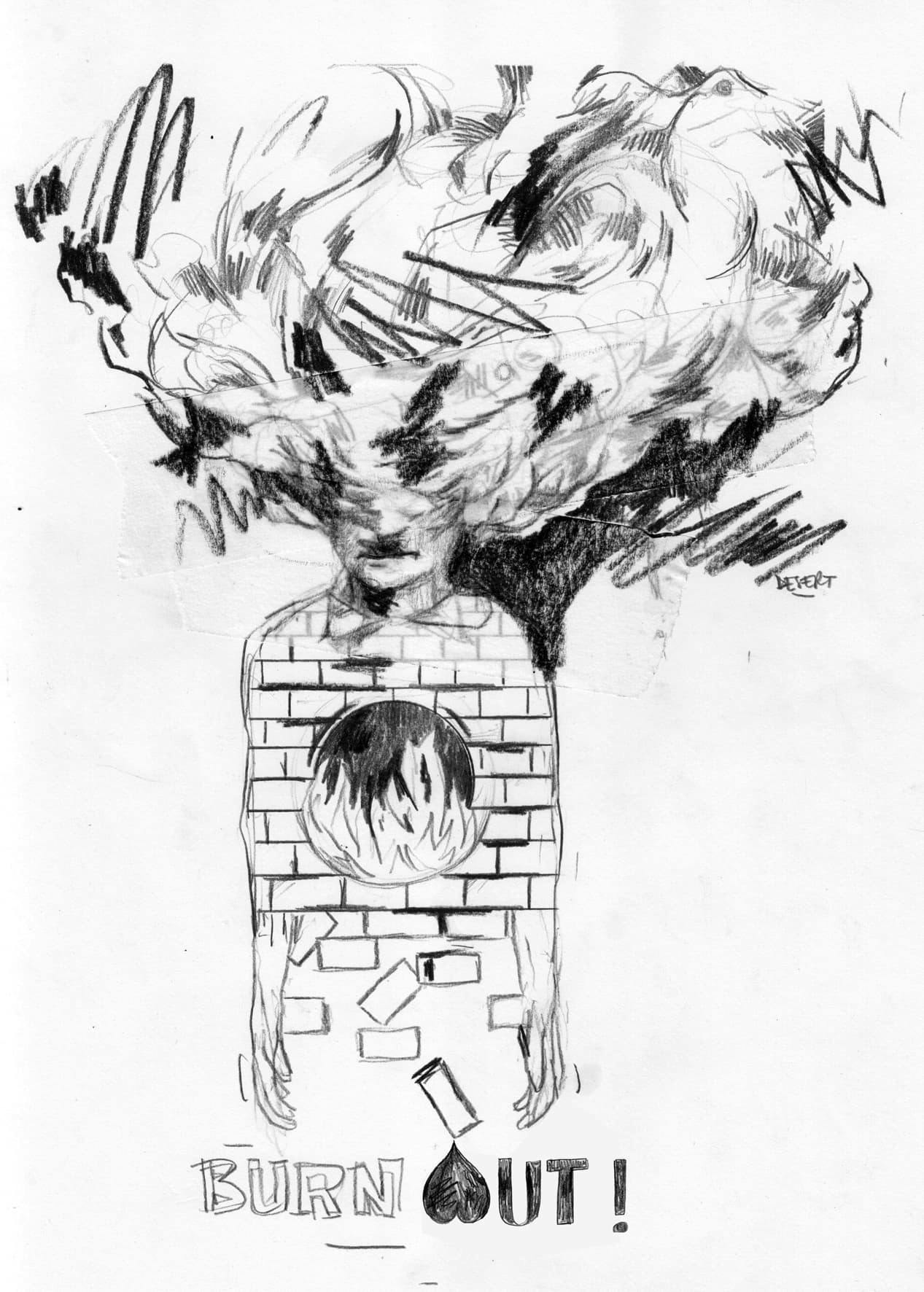
Rethink Culture to Drive Successful Transformations
Rethink Culture to Drive Successful Transformations
December 2025



May 2025

Burnout: A signal for a more human future
Burnout is not only an individual tragedy, but a powerful alarm signal for a collective awakening. It is the mirror of a society that is exhausted, obsessed with performance, constant availability and the cult of autonomy, to the point of generating a "fatigue of being oneself". The figures speak for themselves: nearly one in five European workers is close to burnout, and in Luxembourg, the burnout risk index has been on the rise since 2014. Faced with this reality, it is time to turn this crisis into a real opportunity.
Burnout: A signal for a more human future
Burnout is not only an individual tragedy, but a powerful alarm signal for a collective awakening. It is the mirror of a society that is exhausted, obsessed with performance, constant availability and the cult of autonomy, to the point of generating a "fatigue of being oneself". The figures speak for themselves: nearly one in five European workers is close to burnout, and in Luxembourg, the burnout risk index has been on the rise since 2014. Faced with this reality, it is time to turn this crisis into a real opportunity.

Thinking Ahead: What Society Do We Want to Build?
Beyond statistics and definitions, the fundamental question remains: how far are we willing to go in the name of performance and success?. If, as Michel Foucault suggests, our illnesses reflect our time, then burnout questions us about the implicit norms that govern our professional and personal lives: the injunction to be constantly efficient, available and "fulfilled".
The case of Luxembourg, where burnout is not officially recognised as an occupational disease and where precise data are lacking, illustrates the complexity and the need for a societal debate.

Call to Action: Action at Every Level for Sustainable Transformation
The good news is that there is no single solution, but multiple and complementary avenues. Burnout calls for a profound transformation that cannot be limited to individual responsibility, but must involve the individual, the organization and society as a whole.
1. At the individual level: listening to yourself, protecting yourself, redefining yourself
2. At the organizational level: creating healthy work environments
3. At the societal level: rethinking our models, working for sustainable policies
Now it's your turn!
Burnout is therefore an opportunity for transformation, not only individual but also collective. It is a call not just to "get better", but to "go differently" – to rethink our ways of living and working so that they are more aligned with our deepest human aspirations. It is by acting on these three levels, with courage and lucidity, that we will be able to build a future where work once again becomes a place of fulfilment and not of exhaustion.
What would you do, as of today, to contribute to this collective awakening?

Did you like this article?

Rethink Culture to Drive Successful Transformations
December 2025


Burnout is rising worldwide. From Gallup to McKinsey, discover what the data — and the lack of it in Luxembourg — really reveals about workplace stress.
May 2025


Beyond the numbers: definition of burnout, symptoms vs. boreout, and lived experiences to spot risks early and avoid collapse.
May 2025
